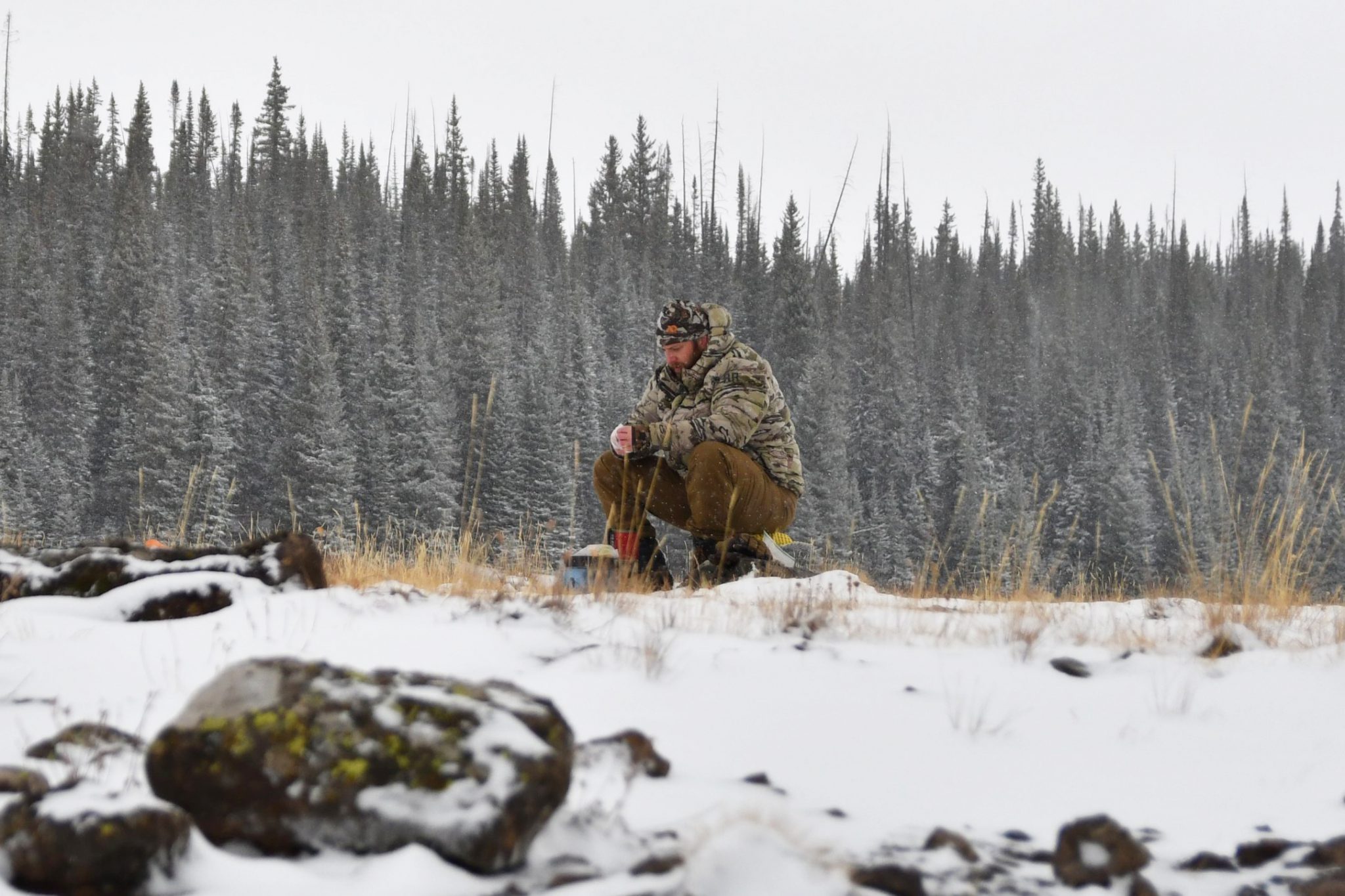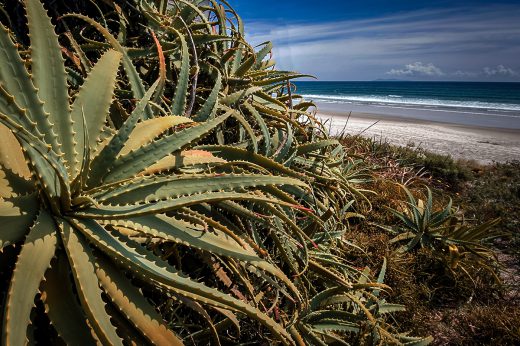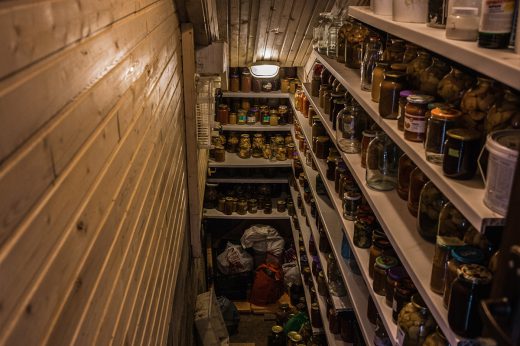Perhaps the greatest part of going hunting is sharing the outdoor world with your friends. The backcountry is a place to be shared and attacked as a unit. The weeks before the season opener where you and your compadres gather around maps and decide where you’re going to go; the early mornings where everyone crawls out of their tents and fight over the first cup of coffee; the evenings gathered around the fire discussing what you saw throughout the day; it’s all a part of the experience. Yet there’s another side to the backcountry. A challenge from the foundations of the mountains calling to the soul of the hunter – a call that begs you to take it on alone.
For many hunters though, the idea of heading off into the grizzly bear-infested, hypothermic-inducing, leg-breaking backcountry on their own is beyond intimidating. Yet it doesn’t have to be that way at all. With the right amount of preparation and planning, almost anyone can pull off a solo backcountry adventure.
Location…Location…Location
The most vital aspect of a backcountry hunt is finding a good location. You need one that not only has the game animals you are after, but one that you can manage to traverse and hunt all on your own. Being alone means you have no back-up, no one to help you out of a jam if you get in trouble. So, you have to plan accordingly. After you find a place to hunt and have a general idea of where to set up base camp, you need to scout it out, not just for animal sign but for easy escape routes should the worse happen. Locate the closest towns and public roads. Places you could get help quickly should you need rescue. Go out in the off season and explore your hunting area. Practice scenarios in your head i.e “If I need to get to town here, which way is quickest?” etc. Know the terrain, know the trails, and know how to get out should the need arise.
If you’re planning on hunting an area you can’t explore beforehand, start by looking at maps. One of the wonderful things about technology today is that you now have access to detailed digital technology that goes so far beyond the simple topographical maps of the past. With Google Maps or an app like OnX with 3D technology, you can plan out and map your routes almost as if you were there. Pay attention to terrain changes, foliage types, and apparently clear paths. Take note of distances to water sources and public roads/towns and digitally mark out your routes so when you finally get boots on the ground, you’ll know exactly what to expect!
RELATED – New Documentary Chronicles Insane Mountain Climbing Record Quest
Everything but the Kitchen Sink
Now bringing all of your hunting equipment into the field is obvious. However what isn’t so obvious is the extra equipment you need to bring on a solo back country hunt. Aside from the first priorities of your gun, your knife, your pack etc., you want to make sure your prepared for everything. Any small thing that you think of could not only make dealing with killing, butchering, and packing out a big game animal easier on yourself is a good thing. Lengths of rope, small saws, pulleys, and light game bags should all be obvious, but on a solo hunt you need so much more – because you have to plan on survival.
The three principals of survival – food, water, and shelter – are absolutely essential items that have to go in your pack on a solo hunt. Almost before anything else you should pack waterproof matches and a butane lighter along with a small bundle of tinder such as newspaper, shredded birchbark, or better yet some charred bits of cloth. These can all be wrapped in a small plastic bag or empty chew tin and stuffed into the back of your pack. You want to have it in an easy to access spot should you need to make a fire quickly with cold hands.
Water is always a tough thing to carry in the bush. Aside from the usual canteen or water bottle you carry, you should bring an additional way to sterilize drinking water, such as a Life Straw or SteriPen, as well as water purification tablets to add to whatever water source you have available should you end up stuck out there. Additionally you should carry several small lighweight food items with a lot of calories such as Cliff Bars, jerky, and trail mix to help you get through the day past lunch.
Shelter is a bit of a tricky one. While it’s obvious you should have a solid four-season tent back at your basecamp to return to after a long hard day in the field, you should also carry a tarp, or even the rain-fly from a lightweight tent, just in case everything goes wrong and you need to make a lean-to away from your basecamp.
Finally, keeping in mind that you should prepare for the worst, you need to have a little bit of everything with you. Extra cloths, especially socks and base layers, are essential. Carry your sleeping bag with you wherever you go, and an emergency space blanket is also a fantastic idea in case you need to spend the night somewhere. Flashlights, GPS (especially one with satellite SOS like an inReach), batteries, a compass, an emergency beacon, as well as a small propane burner or jet boil are also great ideas.
RELATED: Wilderness First Aid: The Backcountry Medkit Every Hunter Should Carry
Know Your Limits
Finally before you head out into the wilderness, you have to know what your capabilities are. There’s no point in hiking ten miles back into the wilderness and killing a bull elk if your unable pack it out. So train beforehand and stay well within your limits. Put on a 50lb pack, find a spot with similar terrain to where your hunting, and take a hike. Go out as far as you can and then come back. Note the distance and then when your hunting, only go out as far as half the distance. It’s the best way to keep safe and also to have the ability to pack out all on your own.
Why Go Solo?
Heading into the backcountry to hunt on your own is an experience almost every hunter should try at least once. It is a test of your mettle, your woodsmanship, and your very soul as a hunter. Hunting the backcountry on your own is a reversion to your primal self; an adventure that pushes you to your very limit. It is a journey of self-reliance that can shape and mold you as a person and, in the end, that dependence on yourself will make you not just a better hunter, but a better person.
This content was originally posted by The Ultimate Predator on Sept. 28, 2021.
READ NEXT – Son’s Quick Thinking, CPR Training Saves Father’s Life on Michigan Hunt










Comments